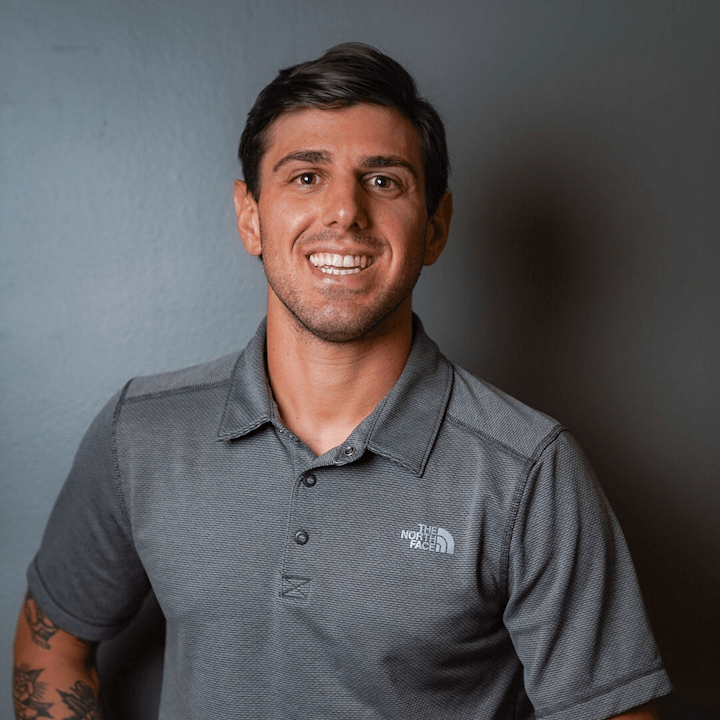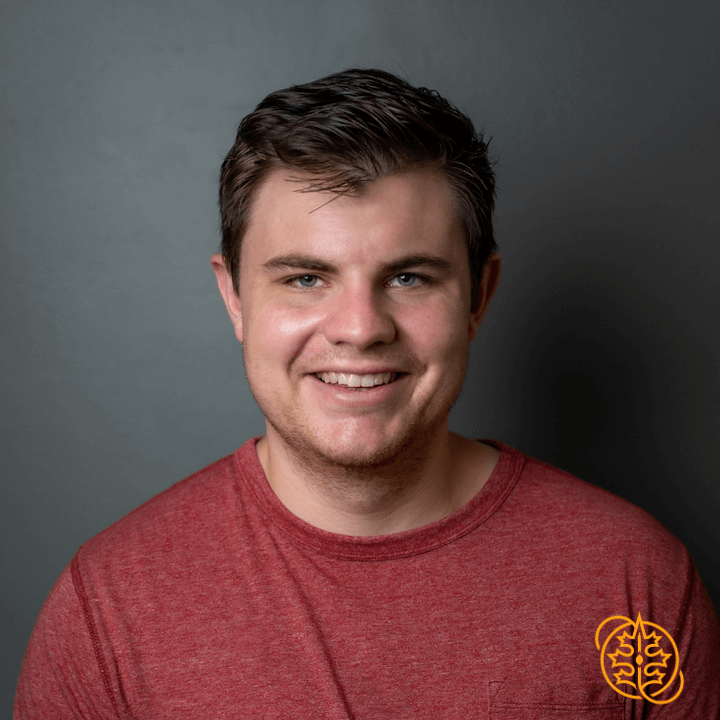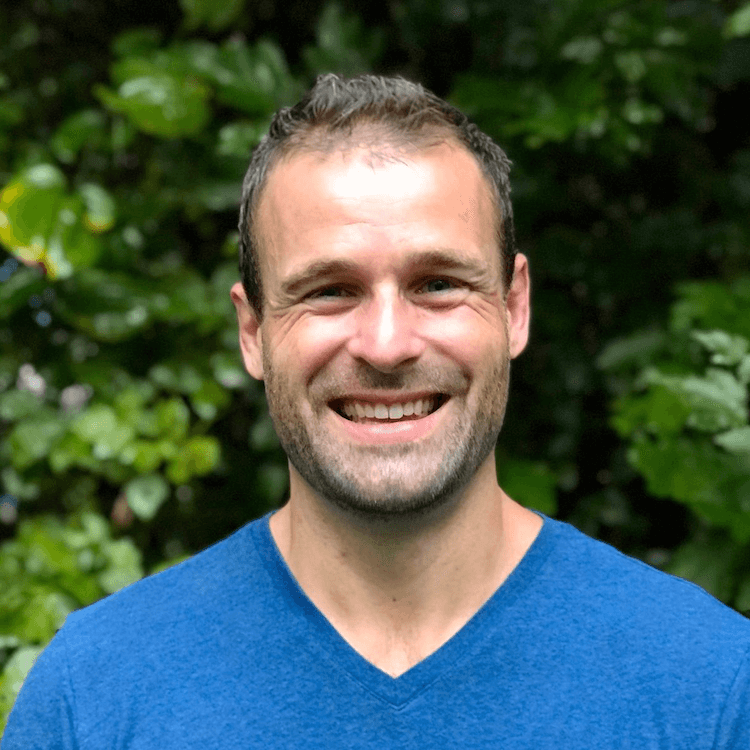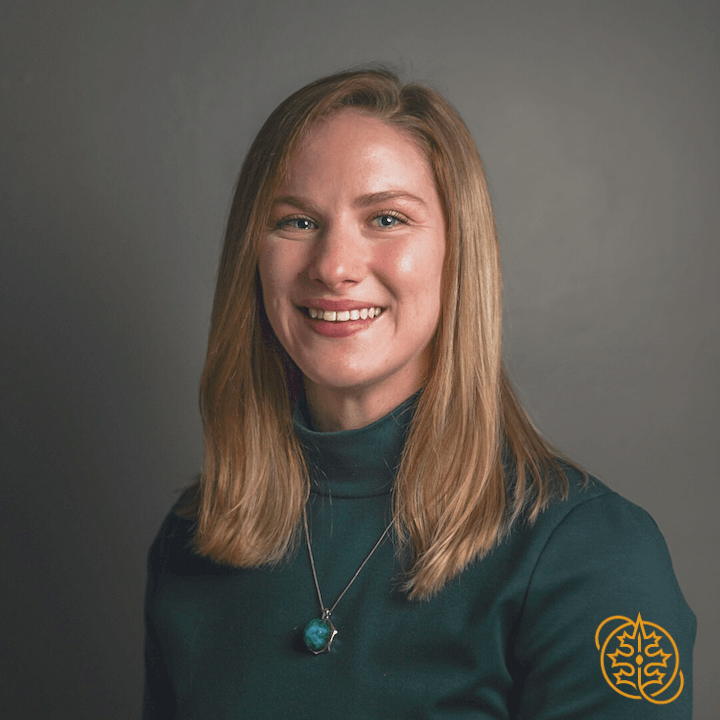Meet our Program Facilitator: Joey Porchetta

The laughs, the camaraderie, the shared struggle – these keep me coming back each day. Working with young adult men has me laughing nonstop every single day. It’s an interesting juxtaposition – alcoholism and addiction is such a serious deal, but we find levity and fun to get through it together.
Meet our Chief of Staff: Michael O’Sullivan

As corny as it sounds, it’s our clients that keep me coming back day after day. Seeing the transformation in our clients is the most rewarding experience I’ve ever been a part of. Knowing that we are helping bright young men reach their potential is an incredible gift.
Meet our Clinical Outreach Director: Marcus Shumate

I view my role as being able to distill complicated ideas into readily graspable concepts and narratives that can help others figure out if our program is a good fit for them or their clients. I also view it as my job to make sure we have healthy relationships with various resources and that I can translate what they do and what we do for different people.
Meet Our Clinical Case Manager: Samantha Puckett

Each day, our residents surprise me with the amount of growth they make, whether it be recovery related or not, seeing that spark in their eye is comforting. It is comforting to know that the work they are doing is making a difference in their life.





